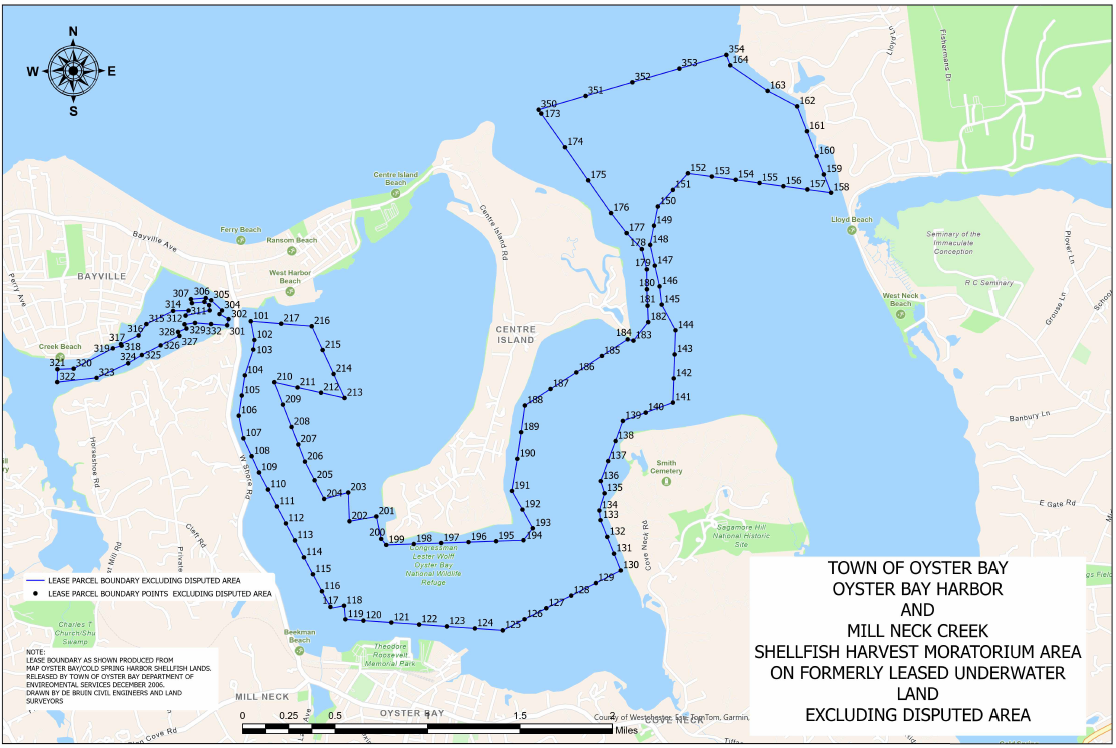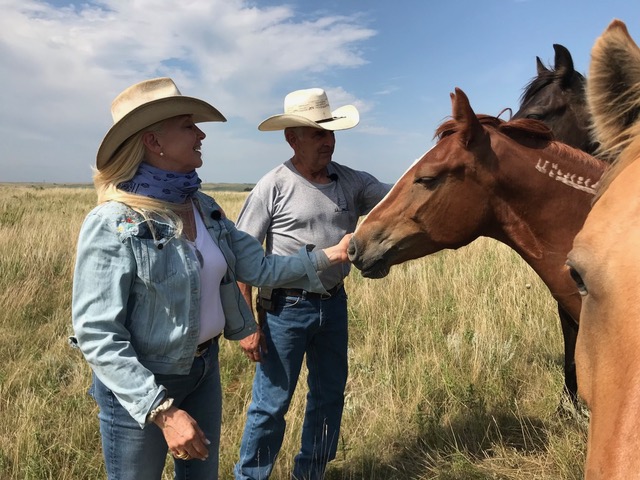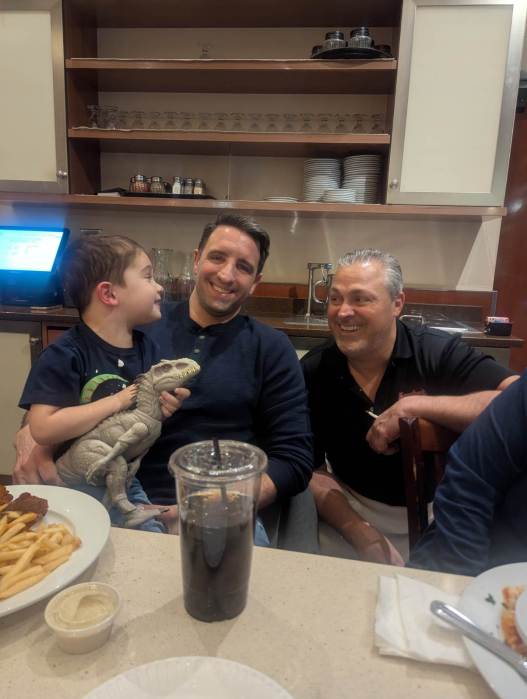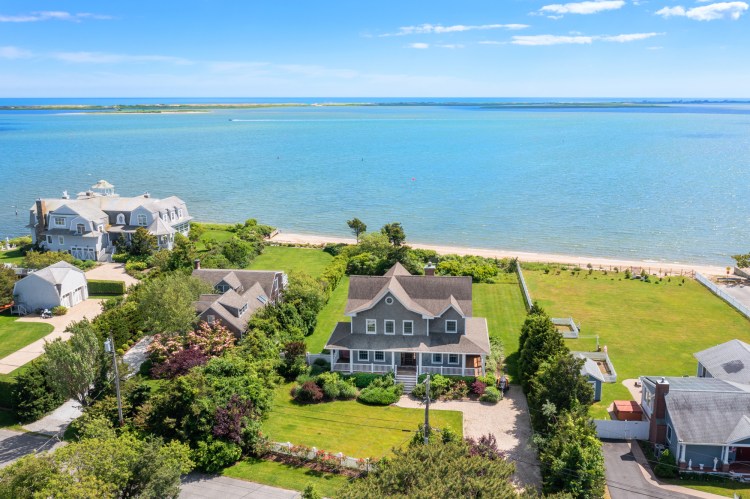The Town of Oyster Bay made waves this year with a six-month shellfish harvesting moratorium on 1,850 acres of underwater land in the town harbor. The town held a public hearing on the matter in August and implemented the ban on Oct. 1.
“This temporary moratorium will help us strengthen the health of the harbor while not impacting any current shellfish harvesting by local baymen on the more than 4,000 acres they currently fish,” said Town Supervisor Joseph Saladino.
The land was previously leased to the family-run shellfish harvesting company Frank M. Flowers & Sons, which attempted to renew its lease with the town. The company had exclusive rights to the land for 30 years, which expired on Sept. 30.
The town’s newly instated moratorium sparked legal action from Flowers & Sons.
Alfred Amato, a principal at Amato Law Group, is representing Frank M. Flowers & Sons and said in court documents that the town has breached the lease by failing to negotiate an extension with Flowers in good faith.
Amato said the town rejected Flowers & Sons’ lease renewal with “no legitimate basis,” according to court documents.
Town officials said the company failed to meet requirements, harming the environment with their harvesting praticies.
“For four years, the company failed to provide a minimum of one million hatchery-produced clams annually, thereby depleting the harbor of crucially important shellfish which provide the necessary water filtration to prevent pollution,” said Brian Nevin, public information officer for the town.
The town said the underwater land will be tested and repopulated during the moratorium period.
Environmental testing will help determine how long-term harvesting has affected the environment of the area.
The moratorium only affects the previously leased 1,850 acres. The rest of the harbor is still open for harvesting.
Independent harvesters fought against the moratorium at the Aug. 13 public hearing.
“All the good land was leased out,” one Syosset bayman said. “The town over-leased the bay.”
William Painter said that baymen should be allowed to continue harvesting during the testing period.
“Baymen are not opposed to the study,” Painter said. He said that the study is important, but independent baymen should have access to the previously leased land while surveys are conducted.
The town said it is unable to survey the area during a lease period.
Saladino said the town has worked with local environmental groups, like Friends of the Bay, to determine the best course of action.
“Friends of the Bay and local environmental groups have all asked for and helped us in this process,” he said.
Friends of the Bay said a moratorium will allow for a “once-in-many lifetimes opportunity to help restore the bay and its dwindling shellfish populations for many generations to come.”
“We believe it is important to take the time to survey those lands, their condition, and what remains on them before they are reopened for harvesting,” the organization said.
The moratorium was implemented in October and is set to end in March.































